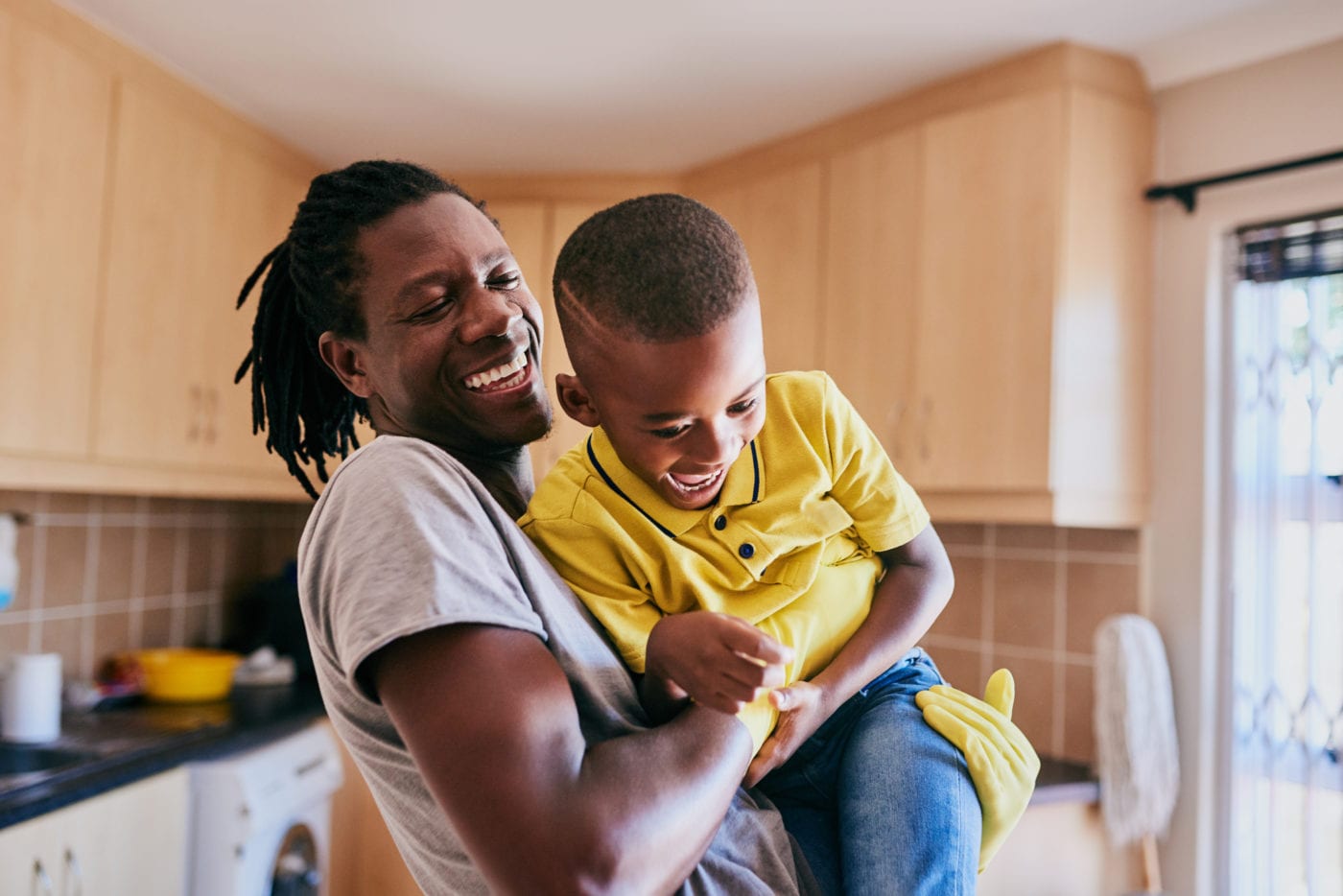“Dad, why do we have the smallest house of all my friends?” I was taken aback by my son’s question, and to be honest, a little defensive. I love our house. It’s nothing fancy, but it’s a beautiful home that’s served our family well for years. But when my kids were young we’d made the decision to move into one of the best—and wealthiest—school districts in our state. This has afforded them many opportunities. It’s also sometimes given them a distorted view of what’s normal.
We all want the best for our kids, but in trying to give them the “best life” we can, we inadvertently might create scenarios in which our privileged kids don’t recognize their privilege. If we’re not careful to help them navigate these things, they end up with skewed worldviews that are actually harmful. Here are 5 ways your kids can be hurt by their privilege.
1. Your children lack compassion for those who are struggling.
It’s natural and good to want to shield your child from suffering. You don’t want them to experience it or even have to look at it. However, do we take this too far? A life insulated from suffering is a life insulated from reality. If your child doesn’t have real life experience with people who are struggling, it’s easy to develop the mindset that the struggles are the fault of the one suffering and to take for granted how exceptional our lives often are.
Look for ways to get your child engaged with people who are struggling perhaps by volunteering at a shelter, tutoring kids, or visiting shut-ins. Whatever it is, make sure there’s a relational component. Help your child see the humanity and dignity in the lives of those who have it much harder than they do.
2. Your children lose the ability to be grateful.
As our kids were getting older, my wife and I told them we’d set a certain amount of money aside to help them buy their first car, but they would be responsible to work and save for the rest. When it came time for one of my daughters to get her car, she identified the one she wanted, and it was significantly more than her savings and our gift together could buy. Instead of pivoting, she protested: “Why can’t you just give me more toward the car?” My wife and I were shocked. But she’d seen friend after friend receive their first car as a gift, and she just couldn’t understand why we couldn’t do the same. Despite all she had, she wasn’t thankful—she felt entitled. Not only did we need to have a conversation about gratitude, but we knew we needed to begin to be more intentional about modeling and practicing gratitude ourselves. Even the simple act of giving thanks before a meal can be a powerful reminder that everything—even the meal we take for granted—is a gift.
3. Your children mistake wealth for meaning.
I’m grateful that my kids have been able to attend a great high school and, now, solid colleges. They’re all set up well to succeed financially and otherwise. I’m glad for that. Yet, there have been times when we’ve had conversations with them about what they’ll major in or how they might choose a job, and I find myself stopping them: “That’s great,” I’ll say, “but we want you to choose a path that’s fulfilling, not just lucrative.” While money is important, it’s insufficient to provide a fulfilling life. If we’re not careful, our privileged kids lose sight of what matters.
Talk with your kids regularly about how they have been gifted, how those gifts might serve them in certain vocations, and how those vocations can be part of how they are making a positive impact in the world. They need to see that their gifts are for the good of others, not just their own comfort and success.
4. Your children have more things from you than experiences with you.
Most lies come wrapped in partial truths. Parents carry a deep sense that we need to provide for our kids. That’s absolutely true. The question is, what must we provide? It’s easy to get caught up in working hard to make money to buy stuff for your kids that will ultimately end up in a storage bin. Meanwhile, you’re working late and skipping events to make it happen. However, the data is clear: Experiences matter more than things. In other words, taking the day off to take your kid to the park or go on a bike ride is much more likely to lead to happiness than buying something.
As much as possible, prioritize experiences with your kids over things you buy for them. If taking time to be present with your kid means you have less money to buy them stuff, in the end, you’ll both be happier for it.
5. Your children learn the myth of independence.
When you have lots of resources at your disposal, it can become easy not to depend on other people. If something happens and you need childcare, you pay a sitter. When life gets rough and you need a breather, you order out rather than prepare your meals. There aren’t often times when you need to depend on others. This can end up communicating to your child that it’s up to you to take care of you. And while this sense of personal responsibility is admirable, you may inadvertently discourage your children from the accepting the gift of community. In community, we depend on each other and show up in times of need. People sacrifice to care for us, and it’s not only good for us but also for them. Learning to show up for others creates deep joy.
Look for opportunities to build the kind of meaningful relationships that involve people showing up for one another. Whether your friends need it or not, consider taking meals when they’re sick or offering to help with childcare when they are stressed out. When you need a tool, consider borrowing from a friend rather than buying it (even if you can afford it). These practices can help create a beautiful interdependence that can be a gift to you, your friends, and your children.
Sound off: How else are you helping your privileged kids not be hurt by their privilege?











Huddle up with your kids and ask, “What are some signs that a friend is having a rough day?”